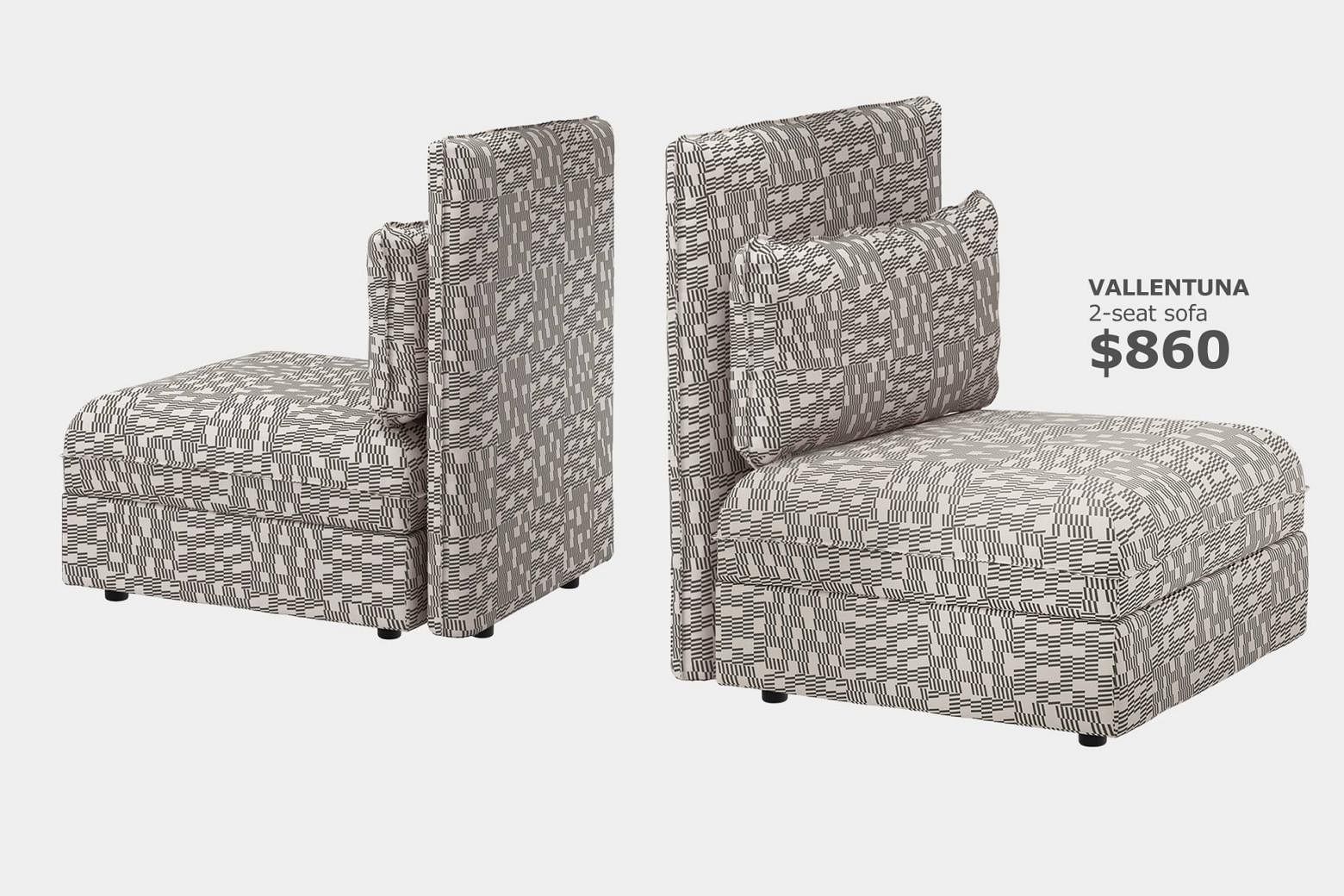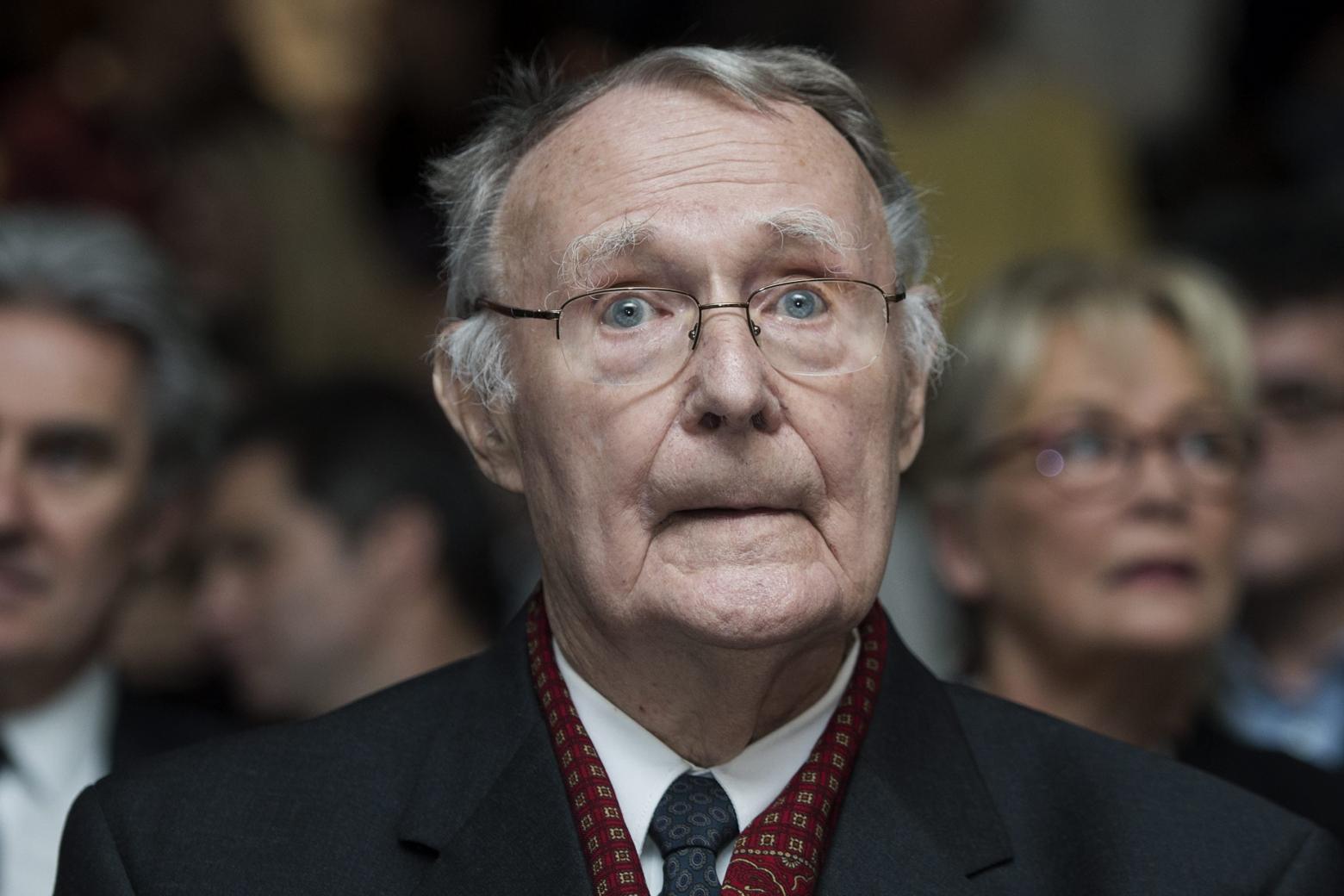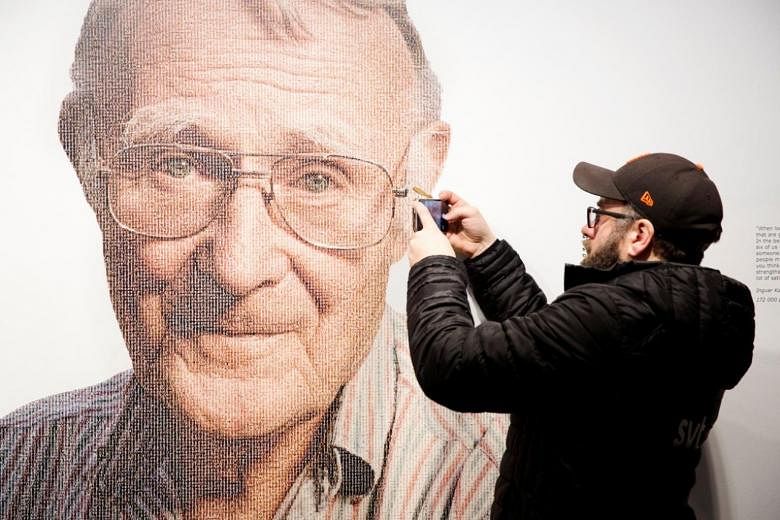Ikea founder Ingvar Kamprad died on Sunday (Jan 28), aged 91.
The Swedish entrepreneur pioneered flat-pack furniture and went on to build one of the world's most recognised brands around it.
However, Mr Kamprad was also widely known for his quirky ways, including his frugality and contempt for taxes.
Here are some interesting facts about the eccentric billionaire and his iconic furniture empire:
1. His entrepreneurial instincts kicked in when he was five
Born in 1926 to a farming family in the southern Smaland region, Mr Kamprad started off selling matches to neighbours at the age of five and soon diversified his inventory to include seeds, Christmas tree decorations, pencils and ball-point pens.
2. He founded Ikea at 17, but it took 13 years before it had flat-pack furniture
He founded Ikea in 1943 at age 17 with the money his father gave him as a reward for his stellar grades.
Ikea started out as a mail-order firm selling an array of products, including watches, nylon stockings and picture frames.
However, his business did not hit gold until 1956, when he pioneered flat-pack furniture.
He reportedly got the idea as he watched an employee take the legs off a table to fit it into a customer's car. This made him realise that saving space meant saving money.
3. The first Ikea catalogue debuted in 1951, and the first Ikea showroom opened in 1953

He started the first Ikea catalogue - now an iconic feature of the furniture chain - in 1951, after seeing it as an opportunity to sell furniture on a larger scale.
The first Ikea showroom was opened in Almhult in 1953, born out of a price war with its main competitor.
As both companies lowered prices, quality was threatened and the Ikea showroom provided a chance for customers to get a feel of the quality of the furniture before ordering them.
The first Ikea store was opened in 1958 and it became the largest furniture shop in Sweden at the time.
From 1970, Ikea conquered major markets in Europe, North America, Asia and the Middle East, thriving on the spending power of the emerging middle class in countries like post-Cold War Russia.
Ikea now has over 400 stores across every continent and employs 190,000 people worldwide.
4. His inspiration for Ikea's name was simple

The name comes from Mr Kamprad's initials (IK), the farm he grew up on called Elmtaryd (E) and a nearby village named Agunnaryd (A).
5. Ikea products' interesting names came about from his struggle with dyslexia

As he had trouble recalling inventory item numbers, he came up with a simplified system for naming the products using Swedish words.
For instance, bookcases are named after professions and Scandinavian boy's names (Ikea's bestselling Billy bookcase is named after employee Billy Likjedhal), and outdoor furniture is named after Scandinavian islands.
Bed textiles are named after flowers and plants, and bathroom items are named after Swedish lakes and bodies of water.
6. He had a reputation for living modestly

Mr Kamprad was known for being frugal, despite his wealth.He reportedly drove an old Volvo, travelled by economy class and brought a lunch box to work.
In a 1998 book he co-authored about Ikea's history, he described his habit of visiting vegetable street markets right before they closed for the day, hoping to get better prices.
He also shopped for clothes at the local flea markets.
In a 2016 interview with Swedish television channel TV4, he said that it was "in the nature of Smaland to be thrifty".
"If you look at me now, I don't think I'm wearing anything that wasn't bought at a flea market," he said.
His modest house in Switzerland was furnished almost entirely with Ikea items - which he assembled himself.
7. His billion-dollar success was marked by controversy
Swiss economic magazine Bilan estimated his fortune at €37.3 billion (S$60.6 billion) in 2017, but his success has been marred by controversy.
In 1973, he fled Sweden's higher tax structure for Denmark before seeking even lower taxes in Switzerland.
Last year (2017), the European Commission announced that it had launched an investigation into Ikea's tax deals in the Netherlands.
8. He faced harsh criticism for his ties to Nazi groups
In a book in 1998, he admitted that he was a close friend of the Swedish fascist activist Per Engdahl, and a member of his New Swedish Movement between 1942 and 1945.
Sweden was neutral in World War II, and its Nazi party remained active after 1945.
Mr Kamprad said he stopped attending its meetings in 1948. He later described the period as the "folly of youth" and "the greatest mistake of my life".
9. He stepped down at age 87

Mr Kamprad announced that he would retire from the company's board in June 2013, at the age of 87. This was part of moves to hand responsibilities over to one of his sons.
"He worked until the very end of his life, staying true to his own motto that most things remain to be done," Ikea said in a statement on Sunday.
Sources: BBC, AFP, ABC News, Quartz


